Find Help
More Items From Ergsy search
-
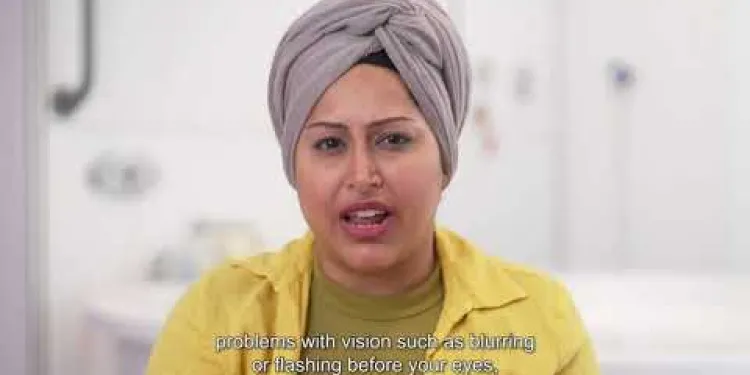
Pre eclampsia - NHS Maternity Safety Information
Relevance: 100%
-
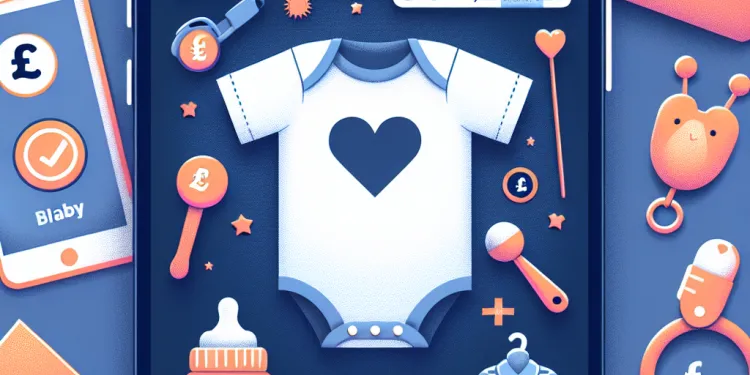
What is the Sure Start Maternity Grant?
Relevance: 45%
-
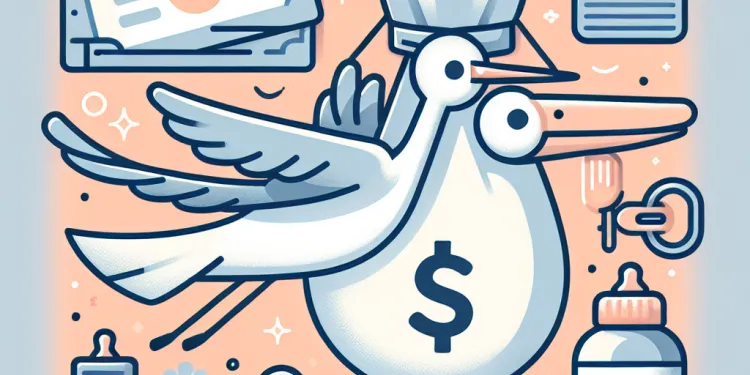
What is the Sure Start Maternity Grant?
Relevance: 43%
-
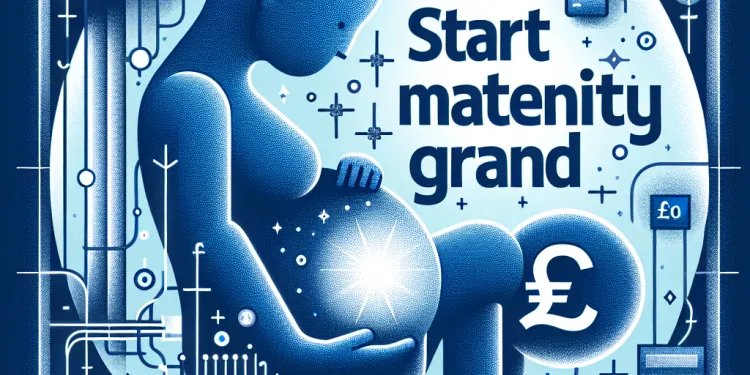
How much is the Sure Start Maternity Grant?
Relevance: 43%
-
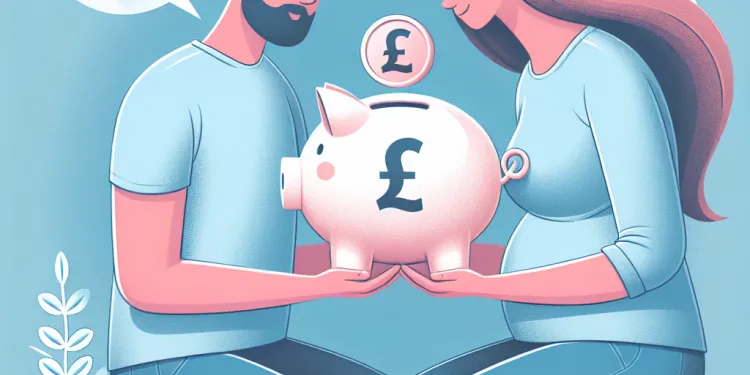
How much is the Sure Start Maternity Grant?
Relevance: 43%
-
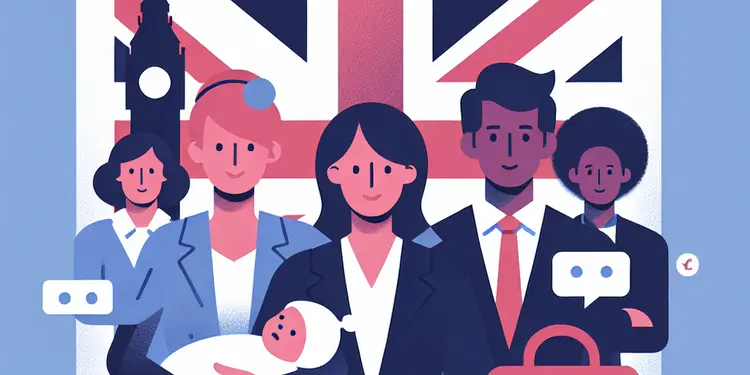
Are there any protections for employees on maternity leave during redundancy?
Relevance: 43%
-

How much is the Sure Start Maternity Grant?
Relevance: 43%
-
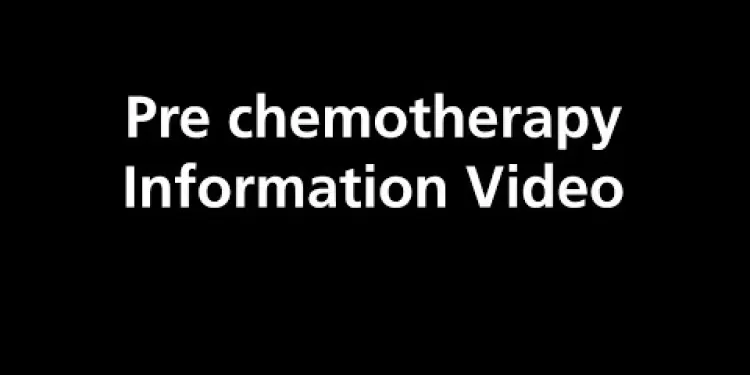
Pre chemotherapy Information Video
Relevance: 42%
-
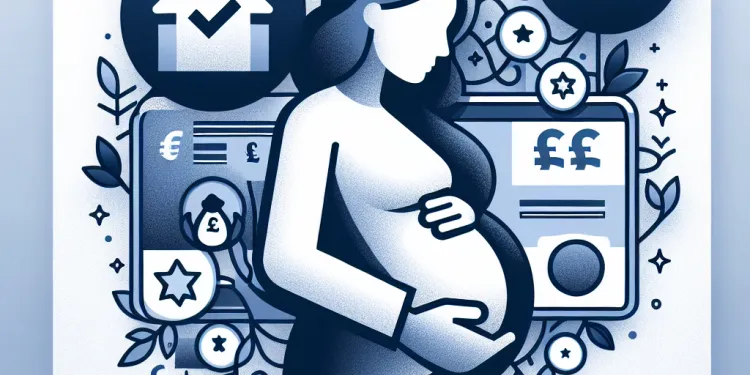
Who is eligible for the Sure Start Maternity Grant?
Relevance: 42%
-
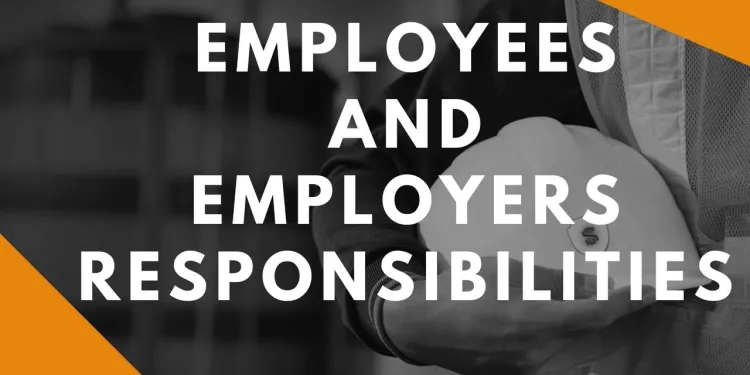
Health and safety responsibilities
Relevance: 34%
-
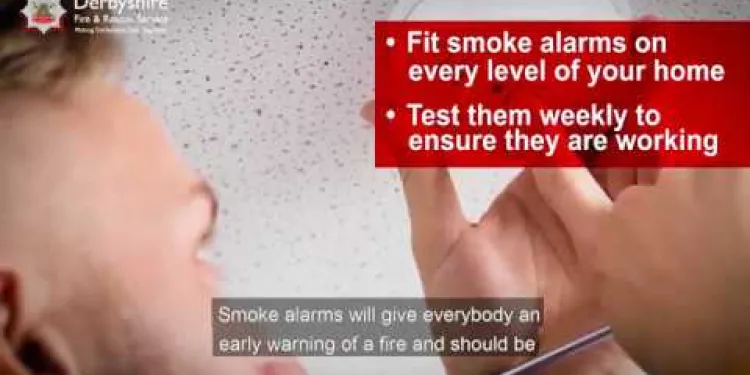
Fire Safety At Home
Relevance: 30%
-

Is public safety a consideration in indefinite sentencing?
Relevance: 29%
-

What are some safety programs specifically for seniors?
Relevance: 29%
-
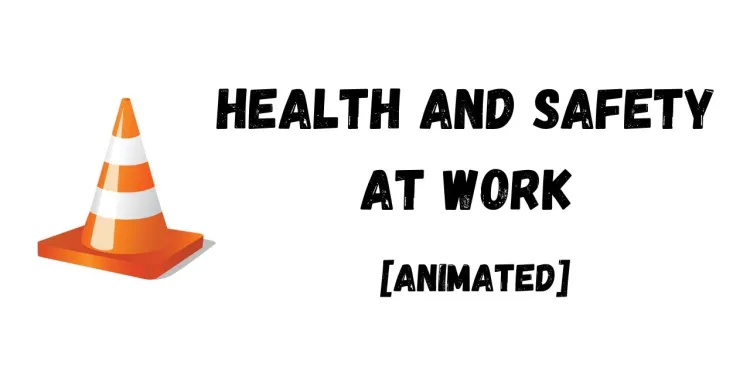
THE LAW IN 60 SECONDS | HEALTH AND SAFETY AT WORK
Relevance: 29%
-
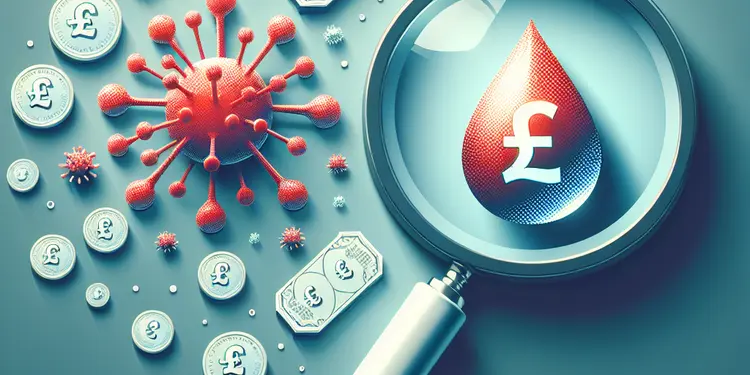
Are new emerging pathogens a risk for blood safety?
Relevance: 28%
-
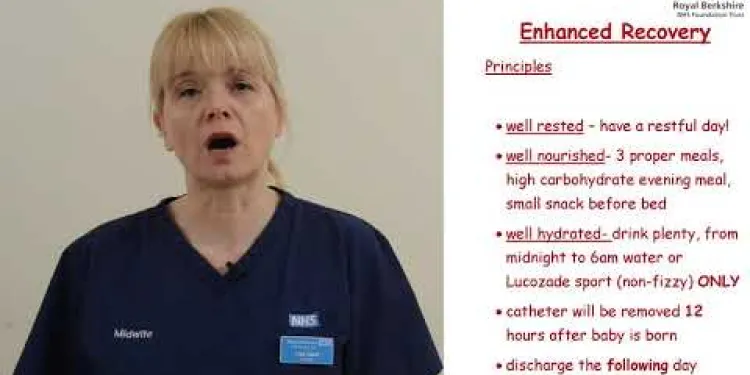
Pre operative Information for Planned Caesarean Birth
Relevance: 27%
-
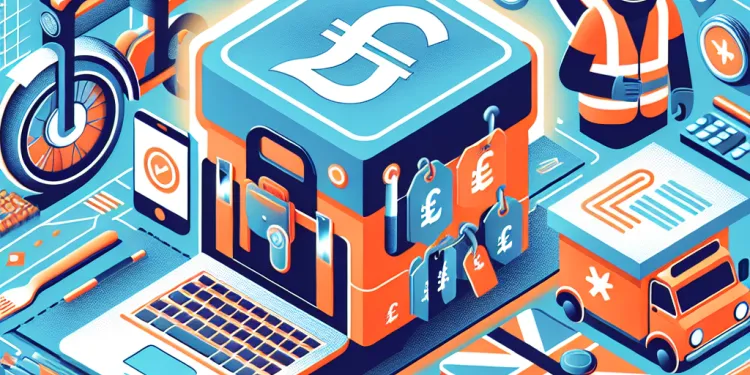
What are my rights regarding workplace safety as a gig worker?
Relevance: 27%
-

What measures are taken to ensure food safety in school meals?
Relevance: 26%
-

What is the role of the Office for Product Safety and Standards in a recall?
Relevance: 25%
-
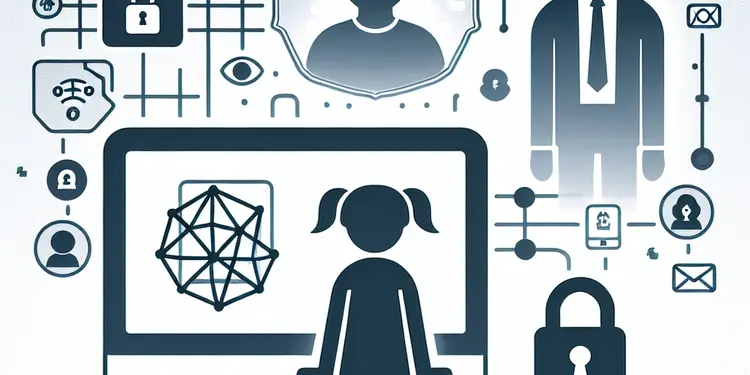
What online safety measures can parents implement?
Relevance: 24%
-
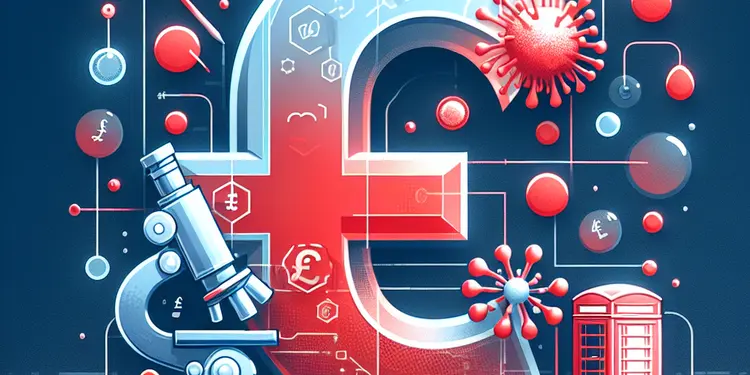
Is malaria still a concern for blood transfusion safety?
Relevance: 24%
-

What safety precautions should be taken when using mobility equipment?
Relevance: 24%
-
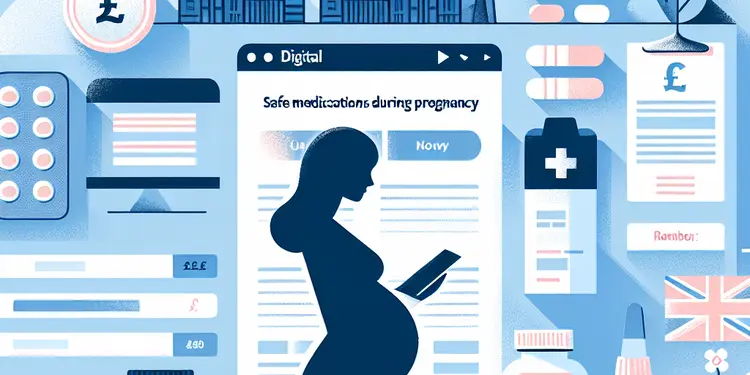
Where can individuals find reliable information on the safety of medications during pregnancy?
Relevance: 24%
-

What should I wear for exercising during pregnancy?
Relevance: 22%
-
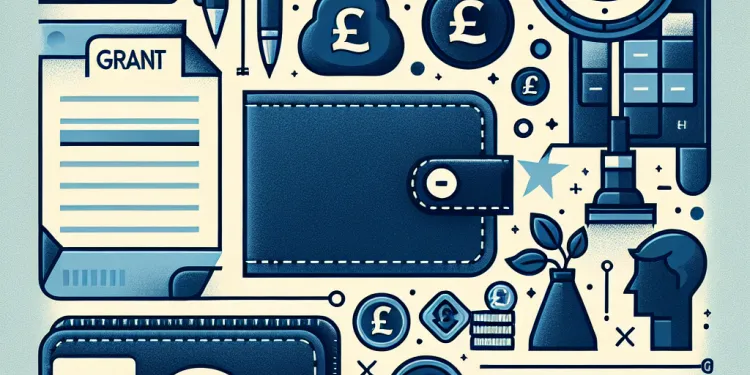
How much money can I receive from the Sure Start Grant?
Relevance: 22%
-
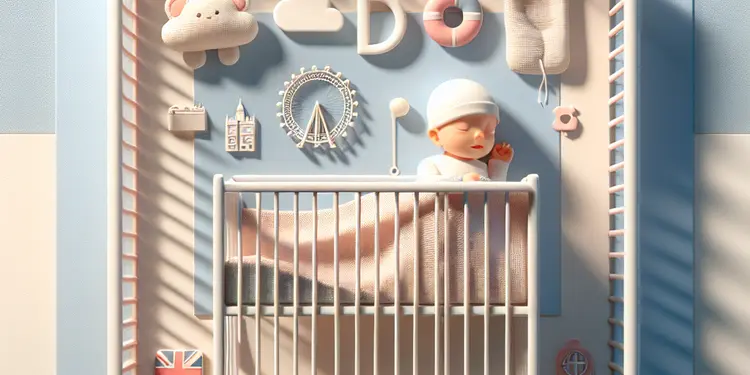
What steps can I take to ensure my baby's safety while sleeping?
Relevance: 21%
-

Who is eligible for the Sure Start Grant?
Relevance: 21%
-

Are there any long-term studies on the safety of nicotine pouches?
Relevance: 21%
-

What is the difference between a product recall and a safety notice?
Relevance: 21%
-
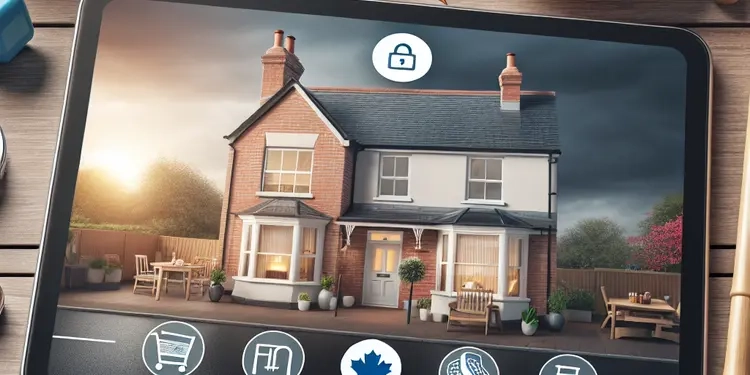
How can I assess the safety of an elderly person's home?
Relevance: 21%
-

How are vaccines tested for safety?
Relevance: 21%
-
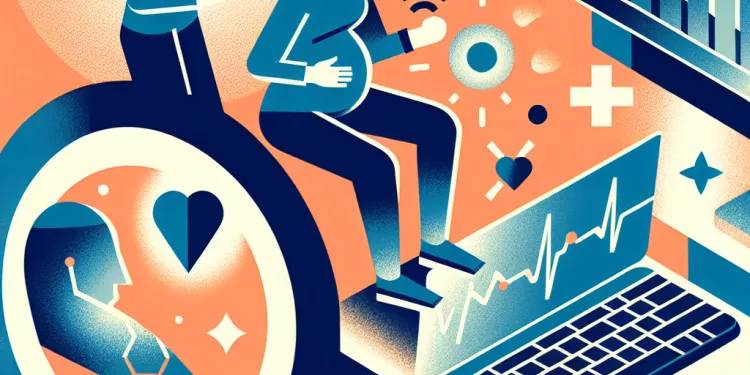
How can I ensure safety during pregnancy exercises?
Relevance: 20%
-
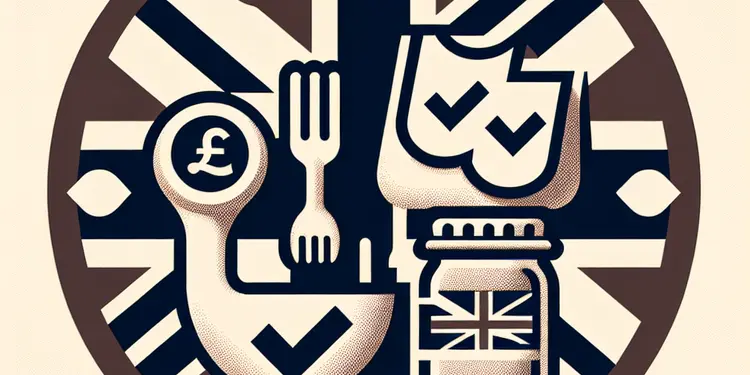
What should I check on the packaging to ensure baby food safety?
Relevance: 19%
-

How can I ensure the quality and safety of cannabis extract?
Relevance: 16%
-
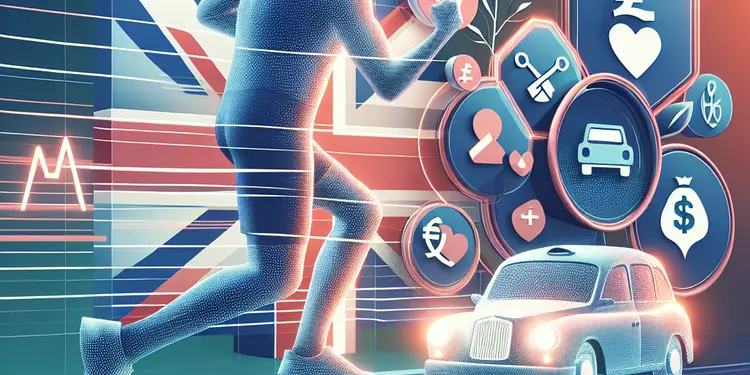
Can physical exercise improve driving safety for seniors?
Relevance: 16%
-

Upcoming Changes to Parental Leave Policies in the UK
Relevance: 15%
-

Are hair transplants in Turkey safe?
Relevance: 15%
-

What is the Sure Start Grant?
Relevance: 14%
-
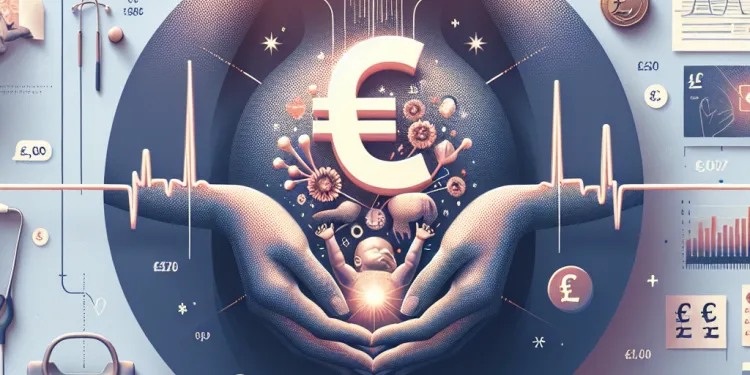
Why might a Caesarean birth be necessary?
Relevance: 14%
-

Can I have visitors on the first day?
Relevance: 14%
Pre-eclampsia - NHS Maternity Safety Information
What is Pre-eclampsia?
Pre-eclampsia is a condition that affects some pregnant women, typically during the second half of pregnancy or soon after their baby is delivered. It is characterized by high blood pressure and can lead to serious complications for both mother and baby if not properly managed. Early detection and management are crucial to ensure the safety of both.
Signs and Symptoms
Common signs of pre-eclampsia include high blood pressure, protein in the urine, severe headaches, vision problems (such as blurring or flashing lights), intense pain just below the ribs, and sudden swelling of the face, hands, or feet. It’s important to attend all antenatal appointments so that any symptoms can be detected early.
Causes and Risk Factors
The exact cause of pre-eclampsia is not fully understood. However, several risk factors may increase the likelihood of developing the condition. These include having a history of pre-eclampsia, carrying multiples (twins, triplets), first pregnancies, family history of the condition, obesity, and pre-existing conditions such as hypertension, diabetes, or kidney disease.
Diagnosis and Monitoring
Pre-eclampsia is usually diagnosed through routine antenatal checks, which include monitoring blood pressure and testing urine samples. If pre-eclampsia is suspected, further tests such as blood tests, ultrasound scans, and fetal monitoring may be necessary. Regular monitoring helps manage the condition and reduce potential risks.
Treatment and Management
While pre-eclampsia can only be cured by delivering the baby, management options exist to control symptoms and minimize complications. Treatment may include medications to lower blood pressure and prevent seizures, regular monitoring of mother and baby, and, in severe cases, early delivery. The safety of both mother and baby is the foremost priority.
When to Seek Help
If you experience any symptoms of pre-eclampsia, such as severe headaches, vision problems, or sudden swelling, seek medical attention immediately. Contact your midwife or doctor, or go to the nearest NHS hospital. Prompt action can protect both your health and your baby's well-being.
For more information, visit the NHS website on pre-eclampsia.
Pre-eclampsia - NHS Maternity Safety Information
What is Pre-eclampsia?
Pre-eclampsia is an illness some pregnant women get. It usually happens in the second half of the pregnancy or soon after the baby is born. It causes high blood pressure and can be dangerous if not treated. It is very important to find it early and take care of it to keep both the mother and baby safe.
Signs and Symptoms
If you have pre-eclampsia, you might get high blood pressure, protein in your urine, really bad headaches, vision problems, strong pain just under your ribs, and sudden swelling of your face, hands, or feet. Always go to your pregnancy check-ups so doctors can find any signs early.
Causes and Risk Factors
Doctors don’t know exactly what causes pre-eclampsia. Certain things can make it more likely, like having it before, having twins or triplets, being pregnant for the first time, having family with pre-eclampsia, being overweight, or having other health problems like high blood pressure, diabetes, or kidney issues.
Diagnosis and Monitoring
Doctors find pre-eclampsia during your pregnancy check-ups. They check your blood pressure and test your urine. If they think you have pre-eclampsia, they will do more tests, like blood tests and ultrasounds, to check on you and the baby. Checking often helps keep both of you safe.
Treatment and Management
Having the baby is the only cure for pre-eclampsia, but there are ways to help. Doctors can give medicine to lower blood pressure and stop seizures. They will check on you and the baby regularly. If things are bad, they might deliver the baby early. Keeping you and the baby safe is the most important thing.
When to Seek Help
If you get any signs of pre-eclampsia, like bad headaches, seeing flashing lights, or swelling, get help right away. Call your midwife or doctor, or go to the nearest NHS hospital. Acting quickly can protect you and your baby.
For more information, visit the NHS website on pre-eclampsia.
Frequently Asked Questions
What is pre-eclampsia?
Pre-eclampsia is a condition that affects some pregnant women, typically after the 20th week of pregnancy or soon after the baby is delivered. It’s marked by high blood pressure and signs of damage to another organ system, often the kidneys.
What are the common symptoms of pre-eclampsia?
Common symptoms include severe headaches, vision problems, pain just below the ribs, vomiting, sudden swelling of the hands, feet and face, and excessive weight gain due to fluid retention.
Who is at risk of developing pre-eclampsia?
Risk factors include having high blood pressure before pregnancy, a history of pre-eclampsia, chronic kidney disease, diabetes, autoimmune conditions, and being pregnant with more than one baby.
How is pre-eclampsia diagnosed?
Pre-eclampsia is diagnosed through a combination of blood pressure monitoring and urine tests to check for protein levels. Additional blood tests and ultrasounds may also be conducted to assess the baby's wellbeing.
How can pre-eclampsia affect my baby?
If untreated, pre-eclampsia can lead to serious complications such as low birth weight, premature birth, and placental abruption. It is essential to monitor and manage the condition to reduce risks to both mother and baby.
What treatments are available for pre-eclampsia?
Treatment options depend on how far along the pregnancy is and the severity of the condition. They may include medications to lower blood pressure, corticosteroids to help baby's lungs develop, and sometimes early delivery of the baby.
Can pre-eclampsia be prevented?
There is no sure way to prevent pre-eclampsia, but managing risk factors such as maintaining a healthy weight, attending all prenatal appointments, and monitoring blood pressure can help reduce the risk.
What should I do if I have symptoms of pre-eclampsia?
If you experience symptoms of pre-eclampsia, such as severe headache, vision changes, or sudden swelling, contact your midwife or doctor immediately for assessment and advice.
Will pre-eclampsia affect future pregnancies?
Having pre-eclampsia in one pregnancy does increase the risk of developing it in future pregnancies. However, with careful monitoring and management, most women have healthy pregnancies and babies.
How common is pre-eclampsia?
Pre-eclampsia affects up to 6% of pregnancies in the UK and can range from mild to severe in its impact.
Is there a cure for pre-eclampsia?
The only definitive cure for pre-eclampsia is the delivery of the baby and placenta. However, treatments can help manage the symptoms and prolong the pregnancy if necessary.
What lifestyle changes can help manage pre-eclampsia?
Lifestyle changes include reducing salt intake, drinking plenty of water, maintaining a balanced diet, getting regular physical activity, and avoiding alcohol and caffeine.
Can pre-eclampsia recur?
Yes, women who have had pre-eclampsia are at higher risk of it recurring in future pregnancies. It's essential to inform your healthcare provider about your history so they can provide appropriate monitoring.
How does pre-eclampsia affect my long-term health?
Women with pre-eclampsia are at higher risk of developing cardiovascular disease and high blood pressure later in life. Regular health check-ups and adopting a healthy lifestyle can help manage this risk.
What support is available for women with pre-eclampsia?
Support can be accessed through your healthcare team, including your midwife and obstetrician. Additionally, organisations like Tommy’s and Action on Pre-eclampsia (APEC) offer resources and support for affected women.
What is pre-eclampsia?
Pre-eclampsia is a health problem that can happen during pregnancy. It means high blood pressure and signs that some organs, like the liver and kidneys, are not working right.
If you have pre-eclampsia, you might need to visit the doctor more often. The doctor will check your blood pressure and urine.
It's important to tell the doctor if you feel dizzy or have a headache. These can be signs of pre-eclampsia.
Reading tools can help you understand better. You can ask someone to read with you or use a reading app. It's okay to ask questions if you are unsure about something.
Pre-eclampsia is a health problem that some pregnant women can get. It usually happens after 20 weeks of being pregnant or right after having the baby. It means the blood pressure is too high and it can hurt other parts of the body, like the kidneys.
What signs show you might have pre-eclampsia?
Pre-eclampsia is a health problem some pregnant women can get.
Look out for these signs:
- High blood pressure. This means your blood is pushing hard in your body.
- Swelling in your hands, feet, or face. Swelling is when these parts get bigger.
- Headaches that don't go away.
- Changes in your vision, like seeing spots or feeling dizzy.
If you feel any of these signs, tell a doctor or nurse. They can help you feel better.
Here's a tip: You can write down any signs you notice. This way, you won't forget to tell the doctor.
Here are some signs that you might not be feeling well:
- You have bad headaches.
- You have trouble seeing things clearly.
- You feel pain under your ribs.
- You are throwing up (vomiting).
- Your hands, feet, and face suddenly get puffy.
- You put on a lot of weight quickly because your body is holding too much water.
If you feel any of these things, tell an adult or go see a doctor. You can use tools like a simple diary to keep track of how you feel each day. This can help you remember what to tell the doctor. Also, try to drink water and rest if you don't feel well. Always ask for help when you need it.
Who could get pre-eclampsia?
Some things can make it more likely to have problems during pregnancy. These include having high blood pressure before getting pregnant, having had pre-eclampsia before, problems with the kidneys, diabetes, having diseases where the body's defenses attack itself, and being pregnant with twins or more.
How do doctors know if someone has pre-eclampsia?
Doctors check for pre-eclampsia by watching blood pressure and testing urine for protein. They might also do blood tests and use special scans to see if the baby is okay.
How can pre-eclampsia affect my baby?
Pre-eclampsia can make pregnancy harder. It can cause problems for the baby. The baby might be born too early. This is called being "premature."
The baby might also be smaller than usual because pre-eclampsia can slow growth. This can happen because less blood and oxygen go to the baby.
Doctors might watch you and the baby closely to keep you both safe. They may use things like ultrasound to see the baby inside.
If you have questions, you can ask your doctor or nurses. They are there to help you understand.
It helps to talk to family or friends for support. You can also write down what the doctor says to remember it better.
If we don't take care of pre-eclampsia, it can cause big problems. The baby might be born too small or too early. Sometimes the placenta can come away from where it should be. It's very important to check and manage pre-eclampsia to keep both the mother and baby safe.
What can help if you have pre-eclampsia?
If you have pre-eclampsia, doctors can help in different ways. Here are some things that can be done:
- Medicine: Doctors might give you medicine to help lower blood pressure.
- Rest: You might need more rest. Sometimes, staying in the hospital can help.
- Check-ups: Doctors will check you and your baby often to make sure you are both healthy.
- Early birth: If the pre-eclampsia is very serious, doctors might decide to deliver the baby early.
If you or someone you know has pre-eclampsia, it's important to see a doctor.
Helpful tools: You can use apps or alarms to remind you to take your medicine and go to check-ups.
How doctors help depends on how far along the pregnancy is and how bad the problem is. They may give medicine to lower blood pressure, medicine to help the baby's lungs grow, and sometimes deliver the baby early.
Can we stop pre-eclampsia?
Pre-eclampsia is a health problem for pregnant women. We want to keep moms and babies safe.
Doctors try to find out early if a mom might get pre-eclampsia. Moms should visit the doctor often while pregnant.
Eating healthy foods and taking vitamins can help. Ask the doctor about taking low-dose aspirin. It helps some moms.
Keep track of blood pressure. If it gets too high, tell the doctor.
Supportive Tools:
- Read with a family member or friend.
- Use pictures or videos to learn more.
- Ask your doctor any questions you have.
You can't completely stop pre-eclampsia, but you can do things to lower the risk. Keep a healthy weight, go to all your doctor visits when you're pregnant, and check your blood pressure.
What should I do if I feel unwell with signs of pre-eclampsia?
If you have signs of pre-eclampsia, like a really bad headache, changes in your vision, or sudden swelling, call your nurse or doctor right away. They can check on you and help you.
Can pre-eclampsia affect future pregnancies?
If you had pre-eclampsia before, you might get it again in another pregnancy. Pre-eclampsia can make you and your baby unwell. It can also make your blood pressure too high.
If you are worried or have questions, talk to your doctor. They can help you stay healthy.
Some things to help you:
- Write down questions before seeing the doctor.
- Bring a friend or family member to appointments.
- Ask the doctor to explain things slowly and in simple words.
If a woman has pre-eclampsia when she is pregnant, there is a chance she might get it again in another pregnancy. But doctors can help by checking her health closely and taking care of her. With help, most women have healthy pregnancies and babies.
How often does pre-eclampsia happen?
Pre-eclampsia is something that can happen to some women when they are pregnant.
About 1 out of every 10 pregnant women might have it. That means if there are 10 pregnant women, 1 might get pre-eclampsia.
If you want to understand more about pre-eclampsia or need help reading, you can ask someone you trust to explain more, or use a tool like a reading app that reads text out loud.
Pre-eclampsia is something that happens in some pregnancies. It affects up to 6 out of every 100 pregnancies in the UK. This means it is not very common but still important. Sometimes it is mild, and other times it can be serious.
Can pre-eclampsia be fixed?
Pre-eclampsia cannot be fully fixed, but doctors can help manage it. Here are some ways doctors help: - Resting often - Eating healthy food - Checking blood pressure If you have questions, talk to a doctor. They are there to help you. Tools that can help: - Blood pressure machines to check at home - Apps for reminders to take medicine or restThe only sure way to stop pre-eclampsia is to have the baby and take out the placenta. But, there are treatments that can help with the symptoms and keep the pregnancy going for longer if needed.
How can I change my life to help with pre-eclampsia?
Pre-eclampsia can make you feel unwell during pregnancy. Here are some simple changes that might help:
- Eat healthy: Try to eat fruits, vegetables, and whole grains.
- Drink water: Drink lots of water every day.
- Rest: Take breaks and try to relax when you can.
- Exercise: Try gentle exercises like walking, if your doctor says it's okay.
Always talk to your doctor or nurse about what is best for you and your baby. They can help you make a plan.
Using a diary or calendar can help you keep track of your healthy habits. You can also ask someone you trust to help remind you to do these things.
Living healthy means making some changes. Try to eat less salt. Drink lots of water every day. Eat different kinds of healthy foods. Move your body or exercise often. It's also good to stay away from drinks like alcohol and coffee.
Can pre-eclampsia happen again?
Yes, pre-eclampsia can happen more than once. If you've had pre-eclampsia before, talk to your doctor.
Here are some tips that might help you:
- Regular Check-ups: Visit your doctor often.
- Healthy Diet: Eat lots of fruits and vegetables.
- Exercise: Do some light exercise if your doctor says it's okay.
- Relax: Try to keep stress low by relaxing and resting.
It’s important to stay safe. If you have questions, ask your doctor.
Yes, if you had pre-eclampsia before, it might happen again when you have another baby. Tell your doctor or nurse about it so they can take extra care of you.
What happens to my health after I have pre-eclampsia?
Pre-eclampsia is a condition that can happen during pregnancy. It can make your blood pressure go high.
If you have pre-eclampsia, it is important to look after your health even after the baby is born.
Here are some ways to help:
- Visit the doctor for check-ups.
- Eat healthy food like fruits and vegetables.
- Exercise, like walking or playing a sport.
- Speak to a nurse or doctor if you feel worried.
- Use reminders or calendars to track doctor visits.
Taking care of your health is important, so you can feel good and stay healthy.
Women who have had pre-eclampsia may get heart problems or high blood pressure when they are older. Getting regular doctor check-ups and living healthy can help keep them safe.
Help for Women with Pre-eclampsia
If you are a woman with pre-eclampsia, there is help for you. Pre-eclampsia is a problem some women have during pregnancy. It can cause high blood pressure and other issues.
Here is some help you can get:
- Doctor Visits: Regular visits to your doctor to check your health.
- Medicines: Medicines to lower your blood pressure.
- Rest: Extra rest at home or in the hospital.
- Healthy Food: Eating healthy foods to stay strong and healthy.
- Support Groups: Talk with other women who have pre-eclampsia for support and advice.
It is important to have help from your family, friends, and doctors. They can help you stay safe and healthy.
You can get help from your healthcare team. This includes people like your midwife and doctor. There are also groups that can help, like Tommy’s and Action on Pre-eclampsia (APEC). They have information and support for women who need it.
Useful Links
This website offers general information and is not a substitute for professional advice.
Always seek guidance from qualified professionals.
If you have any medical concerns or need urgent help, contact a healthcare professional or emergency services immediately.
- Ergsy carfully checks the information in the videos we provide here.
- Videos shown by Youtube after a video has completed, have NOT been reviewed by ERGSY.
- To view, click the arrow in centre of video.
- Most of the videos you find here will have subtitles and/or closed captions available.
- You may need to turn these on, and choose your preferred language.
- Go to the video you'd like to watch.
- If closed captions (CC) are available, settings will be visible on the bottom right of the video player.
- To turn on Captions, click settings .
- To turn off Captions, click settings again.
More Items From Ergsy search
-

Pre eclampsia - NHS Maternity Safety Information
Relevance: 100%
-

What is the Sure Start Maternity Grant?
Relevance: 45%
-

What is the Sure Start Maternity Grant?
Relevance: 43%
-

How much is the Sure Start Maternity Grant?
Relevance: 43%
-

How much is the Sure Start Maternity Grant?
Relevance: 43%
-

Are there any protections for employees on maternity leave during redundancy?
Relevance: 43%
-

How much is the Sure Start Maternity Grant?
Relevance: 43%
-

Pre chemotherapy Information Video
Relevance: 42%
-

Who is eligible for the Sure Start Maternity Grant?
Relevance: 42%
-

Health and safety responsibilities
Relevance: 34%
-

Fire Safety At Home
Relevance: 30%
-

Is public safety a consideration in indefinite sentencing?
Relevance: 29%
-

What are some safety programs specifically for seniors?
Relevance: 29%
-

THE LAW IN 60 SECONDS | HEALTH AND SAFETY AT WORK
Relevance: 29%
-

Are new emerging pathogens a risk for blood safety?
Relevance: 28%
-

Pre operative Information for Planned Caesarean Birth
Relevance: 27%
-

What are my rights regarding workplace safety as a gig worker?
Relevance: 27%
-

What measures are taken to ensure food safety in school meals?
Relevance: 26%
-

What is the role of the Office for Product Safety and Standards in a recall?
Relevance: 25%
-

What online safety measures can parents implement?
Relevance: 24%
-

Is malaria still a concern for blood transfusion safety?
Relevance: 24%
-

What safety precautions should be taken when using mobility equipment?
Relevance: 24%
-

Where can individuals find reliable information on the safety of medications during pregnancy?
Relevance: 24%
-

What should I wear for exercising during pregnancy?
Relevance: 22%
-

How much money can I receive from the Sure Start Grant?
Relevance: 22%
-

What steps can I take to ensure my baby's safety while sleeping?
Relevance: 21%
-

Who is eligible for the Sure Start Grant?
Relevance: 21%
-

Are there any long-term studies on the safety of nicotine pouches?
Relevance: 21%
-

What is the difference between a product recall and a safety notice?
Relevance: 21%
-

How can I assess the safety of an elderly person's home?
Relevance: 21%
-

How are vaccines tested for safety?
Relevance: 21%
-

How can I ensure safety during pregnancy exercises?
Relevance: 20%
-

What should I check on the packaging to ensure baby food safety?
Relevance: 19%
-

How can I ensure the quality and safety of cannabis extract?
Relevance: 16%
-

Can physical exercise improve driving safety for seniors?
Relevance: 16%
-

Upcoming Changes to Parental Leave Policies in the UK
Relevance: 15%
-

Are hair transplants in Turkey safe?
Relevance: 15%
-

What is the Sure Start Grant?
Relevance: 14%
-

Why might a Caesarean birth be necessary?
Relevance: 14%
-

Can I have visitors on the first day?
Relevance: 14%


